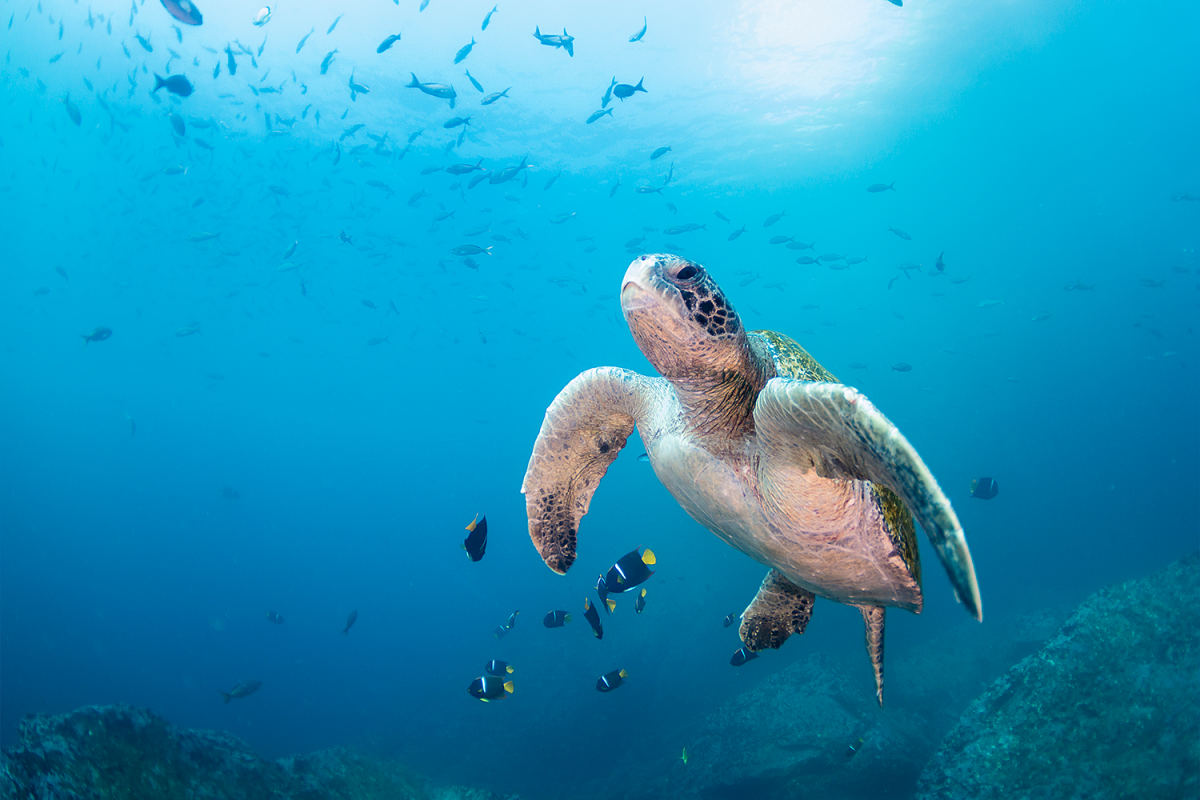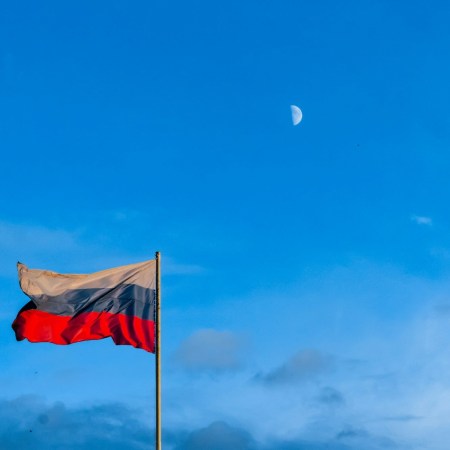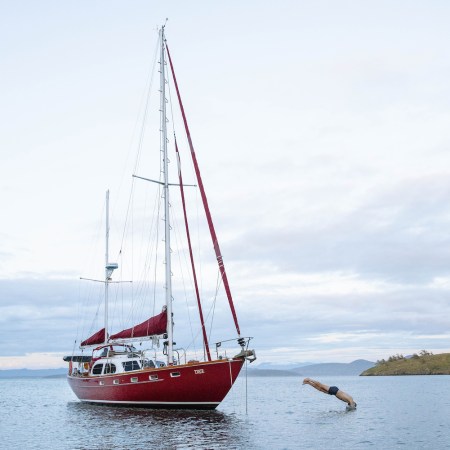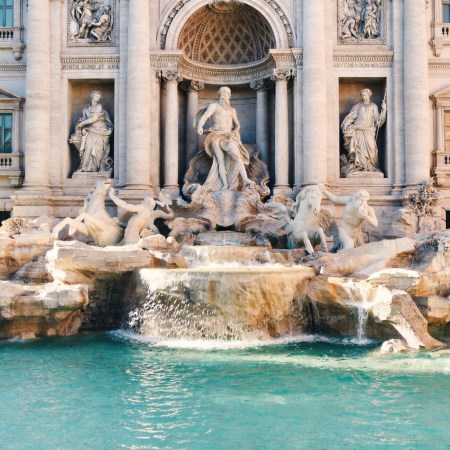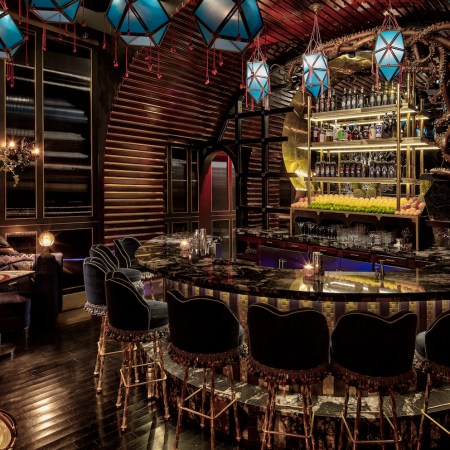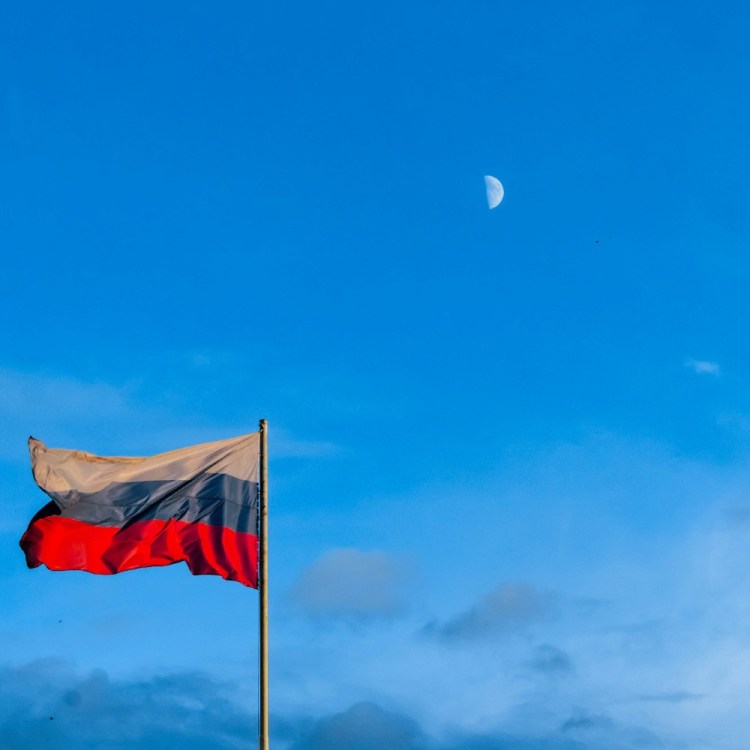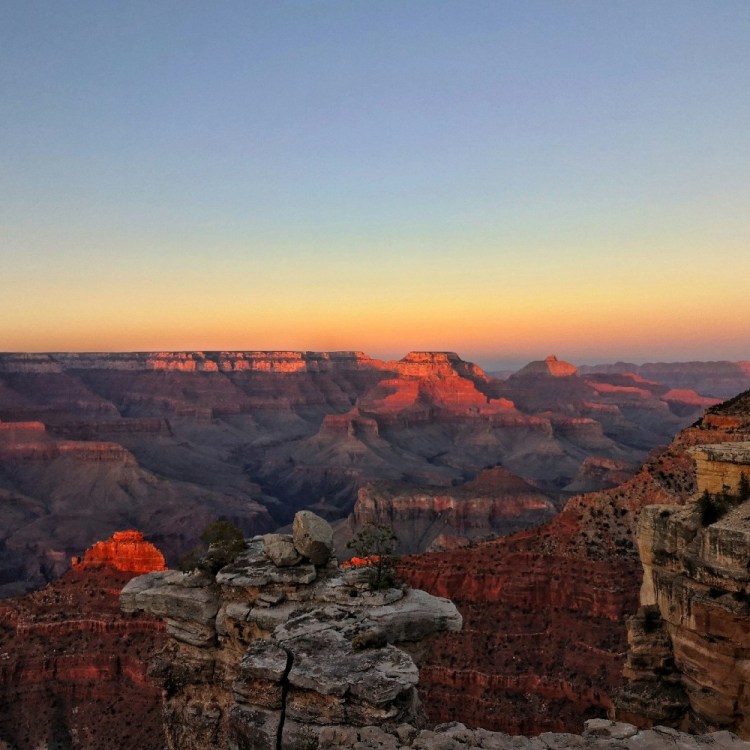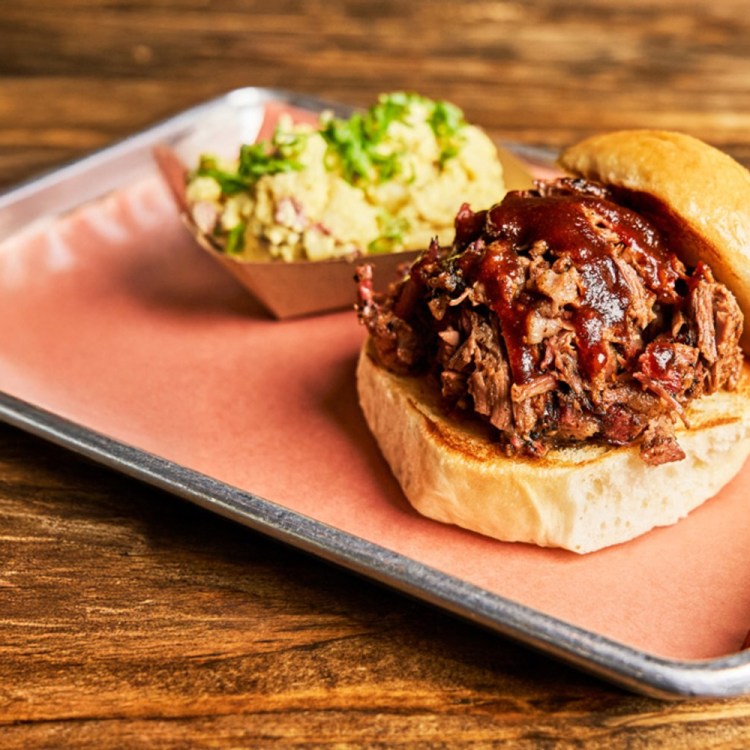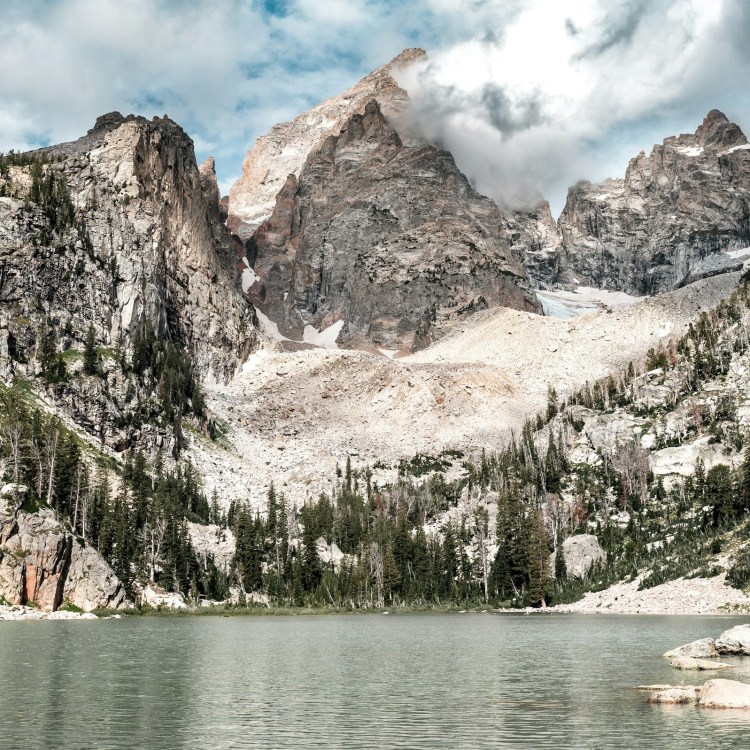Earlier this month, Ecuador created a new marine reserve around the Galapagos Islands as part of a broader effort to protect endangered migratory species — including hammerhead sharks, whale sharks and turtles — following a promise President Guillermo Lasso made back in November 2021.
“Today we’re declaring a marine reserve with an area of 60,000 square kilometers, equivalent to an area three times the size of Belize,” Lasso said after signing a decree that would make the new reserve — named Hermandad — official, per a report from Reuters.
Currently, the reserve measures around 138,000 square kilometers (or 53,282 square miles). Thanks to this latest 60,000-square-kilometer expansion, 198,000 square kilometers (or 76,448 square miles) will now be considered protected.
“There are places that have made a mark on the history of humanity, and today, we have the honor of being in one of those places,” Lasso said. “These islands that welcome us have taught us many things about ourselves. So, instead of acting as the absolute masters of these lands and seas, shouldn’t we act as their protectors?”
But the new conservation area is just the first step of a multi-step plan involving Panama, Costa Rica and Colombia that aims to create “a common corridor through which species threatened by climate change and industrial fishing can migrate.”
“It’s like creating a new highway for them to travel,” said Gustavo Manrique, Ecuador’s minister of environment, water and ecological transition told the Washington Post, immediately conjuring up images of the sea turtle highway (or, rather, sea turtles riding the East Australia Current) in Finding Nemo.
So what does that mean for you? Well, unless you’re a frequent fisherman in the area … not much. Fishing will be off-limits in half of the newly protected area, while longline fishing — which involves dragging a very long line with thousands of baited hooks behind a boat — will be banned in the other half. But travelers will still be able to enjoy the new area via snorkeling and scuba diving excursions, or explore the coast by way of kayak, stand-up-paddle boards and glass-bottom boats … so long as they’re able to do so responsibly.
Let us not forget how we got here in the first place.
Thanks for reading InsideHook. Sign up for our daily newsletter and be in the know.
